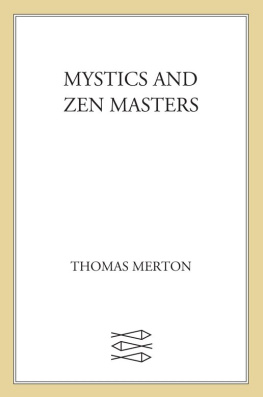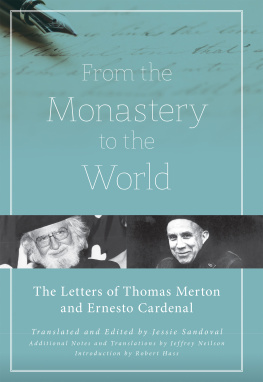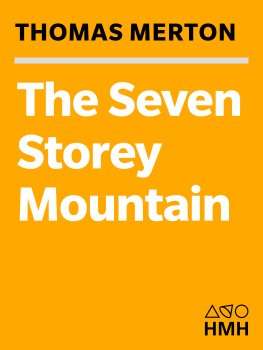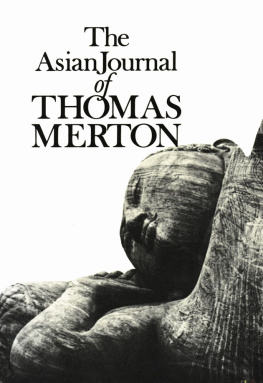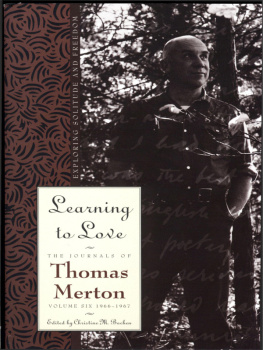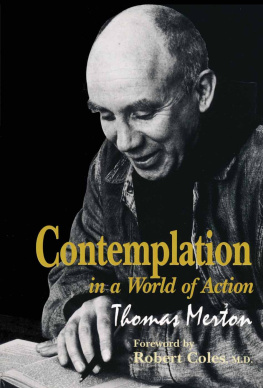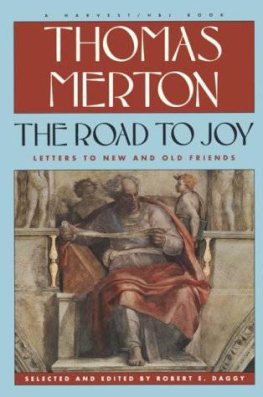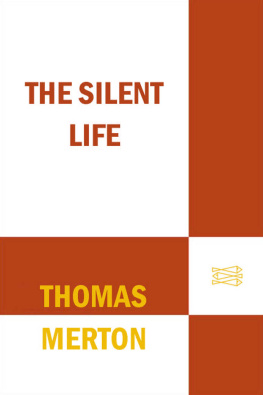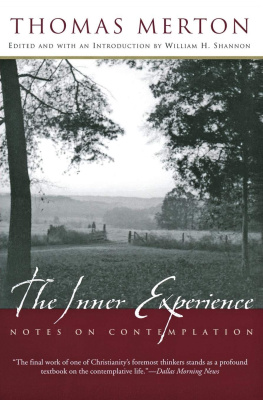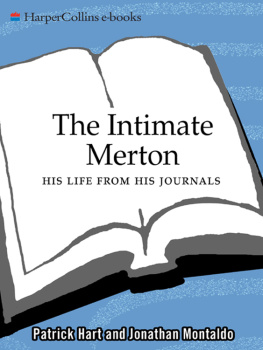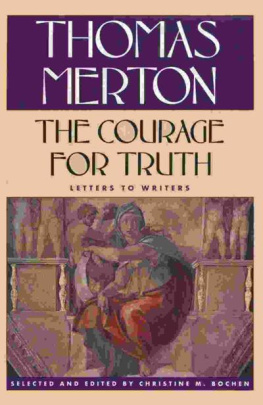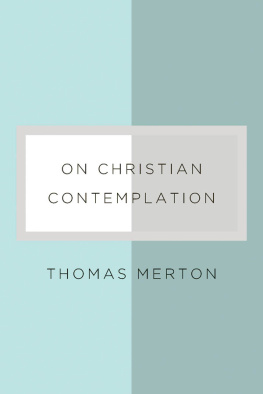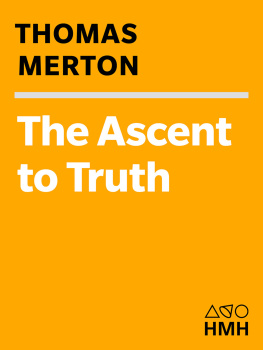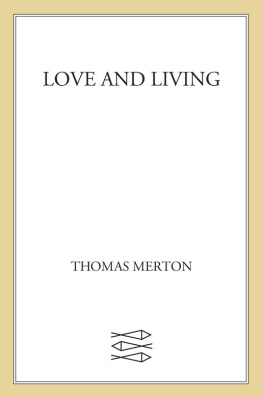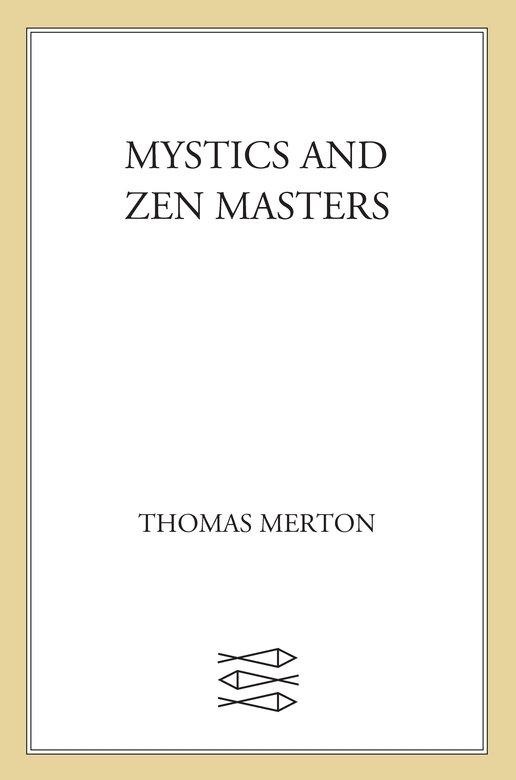Thomas Merton - Mystics and Zen Masters
Here you can read online Thomas Merton - Mystics and Zen Masters full text of the book (entire story) in english for free. Download pdf and epub, get meaning, cover and reviews about this ebook. year: 1999, publisher: Farrar, Straus and Giroux, genre: Religion. Description of the work, (preface) as well as reviews are available. Best literature library LitArk.com created for fans of good reading and offers a wide selection of genres:
Romance novel
Science fiction
Adventure
Detective
Science
History
Home and family
Prose
Art
Politics
Computer
Non-fiction
Religion
Business
Children
Humor
Choose a favorite category and find really read worthwhile books. Enjoy immersion in the world of imagination, feel the emotions of the characters or learn something new for yourself, make an fascinating discovery.
- Book:Mystics and Zen Masters
- Author:
- Publisher:Farrar, Straus and Giroux
- Genre:
- Year:1999
- Rating:4 / 5
- Favourites:Add to favourites
- Your mark:
Mystics and Zen Masters: summary, description and annotation
We offer to read an annotation, description, summary or preface (depends on what the author of the book "Mystics and Zen Masters" wrote himself). If you haven't found the necessary information about the book — write in the comments, we will try to find it.
Thomas Merton was recognized as one of those rare Western minds that are entirely at home with the Zen experience. In this collection, he discusses diverse religious concepts-early monasticism, Russian Orthodox spirituality, the Shakers, and Zen Buddhism-with characteristic Western directness. Merton not only studied these religions from the outside but grasped them by empathy and living participation from within. All these studies, wrote Merton, are united by one central concern: to understand various ways in which men of different traditions have conceived the meaning and method of the way which leads to the highest levels of religious or of metaphysical awareness.
Thomas Merton: author's other books
Who wrote Mystics and Zen Masters? Find out the surname, the name of the author of the book and a list of all author's works by series.

